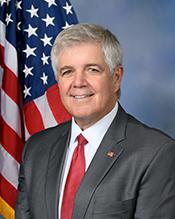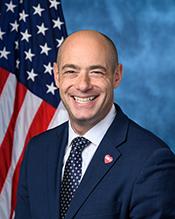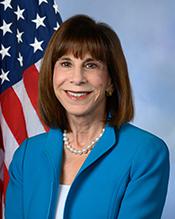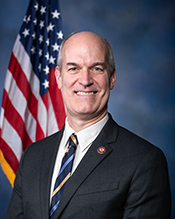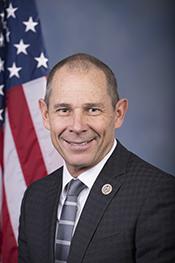H.R. 4434: Cosmetic Supply Chain Transparency Act of 2025
This bill, known as the Cosmetic Supply Chain Transparency Act of 2025, seeks to enhance the regulation of cosmetics in the United States by improving supply chain transparency. It outlines key provisions aimed at ensuring that manufacturers and suppliers of cosmetic products and their ingredients provide pertinent safety and ingredient information.
Key Features of the Bill
- Supply Chain Transparency: The bill mandates suppliers to provide detailed information about the cosmetics or ingredients when requested by the brand owner. This information must be provided within 90 days and includes details such as functions, human health and environmental hazards, physical and chemical properties, and manufacturing processes, among other specifics.
- Registration of Nonfunctional Constituents: The bill prescribes the creation of a list maintained by the Secretary of Health and Human Services identifying nonfunctional constituents that are known or expected to be present in cosmetics. Suppliers must test for these constituents and provide a certificate of analysis confirming their levels.
- Definitions: Several new definitions are introduced, including terms like "brand owner," "flavor or fragrance company," and "nonfunctional constituent," to clarify roles and responsibilities within the supply chain.
- Record Keeping and Compliance: Entities in the cosmetic supply chain are required to maintain and provide records related to cosmetic ingredients, production processes, and any constituents identified as harmful to human health or the environment.
- Civil Penalties: Violations of various provisions of the bill could result in civil penalties of up to $10,000 per day for ongoing infractions.
State Regulations:
The bill does not prevent states from enacting their regulations if they provide greater transparency or safety than those mandated by the federal law, thereby allowing for even stricter state-level guidelines regarding cosmetic ingredients and safety practices.
Impact on Cosmetic Safety:
By requiring suppliers to disclose potentially harmful ingredients and constituents, the bill aims to protect consumers by ensuring that cosmetics on the market are safe. It also seeks to minimize the use of substances that may be harmful to health or the environment. The bill emphasizes collaboration between the FDA, state governments, and industry stakeholders to maintain a safe cosmetic supply chain.
Implementation Timeline:
The Secretary of Health and Human Services is tasked with creating the initial list of nonfunctional constituents within 18 months of the enactment of the bill, indicating a structured approach towards its implementation. Additionally, there is a provision for annual reviews and updates to maintain the list's relevance based on evolving scientific knowledge and data.
Relevant Companies
- PG (Procter & Gamble) - A leading consumer goods company known for its wide range of cosmetic and personal care products.
- EL (Estée Lauder Companies Inc.) - A prominent manufacturer and marketer of skincare, makeup, fragrance, and hair care products.
- CL (Colgate-Palmolive Company) - A global consumer products company that manufactures personal care and grooming products, including cosmetics.
- COSMF (Cosmo-Communications Ltd.) - A company that may be impacted in relation to ingredient transparency and safety testing reporting.
This is an AI-generated summary of the bill text. There may be mistakes.
Sponsors
11 bill sponsors
-
TrackJanice D. Schakowsky

Sponsor
-
TrackDebbie Dingell

Co-Sponsor
-
TrackLloyd Doggett

Co-Sponsor
-
TrackDwight Evans
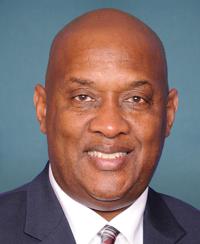
Co-Sponsor
-
TrackSara Jacobs

Co-Sponsor
-
TrackRo Khanna

Co-Sponsor
-
TrackDoris O. Matsui

Co-Sponsor
-
TrackEleanor Holmes Norton

Co-Sponsor
-
TrackShri Thanedar

Co-Sponsor
-
TrackRashida Tlaib

Co-Sponsor
-
TrackBonnie Watson Coleman

Co-Sponsor
Actions
2 actions
| Date | Action |
|---|---|
| Jul. 16, 2025 | Introduced in House |
| Jul. 16, 2025 | Referred to the House Committee on Energy and Commerce. |
Corporate Lobbying
0 companies lobbying
None found.
* Note that there can be significant delays in lobbying disclosures, and our data may be incomplete.










